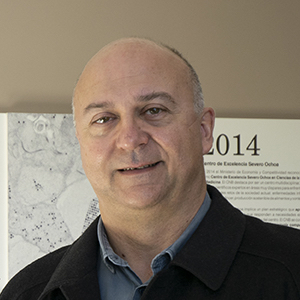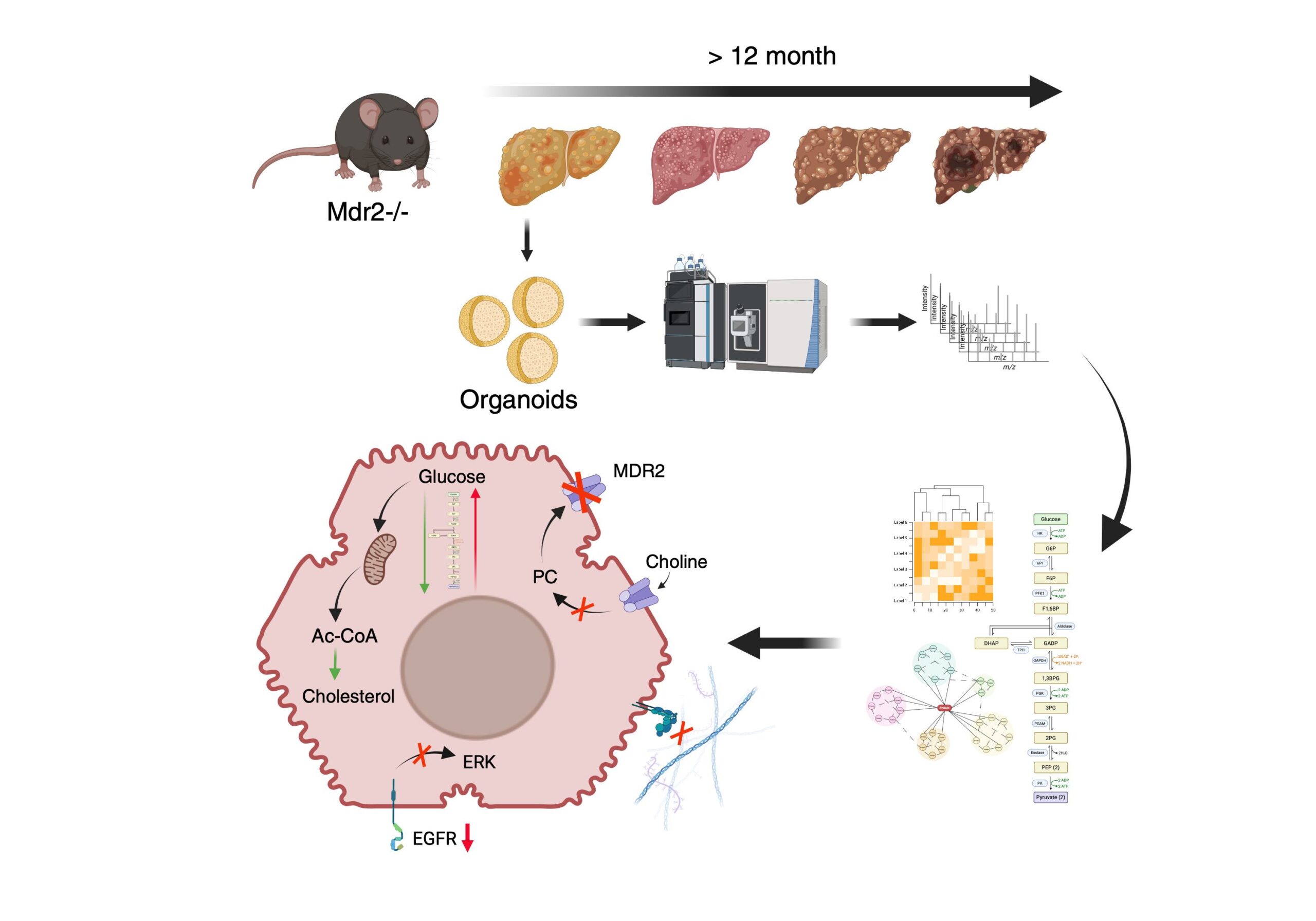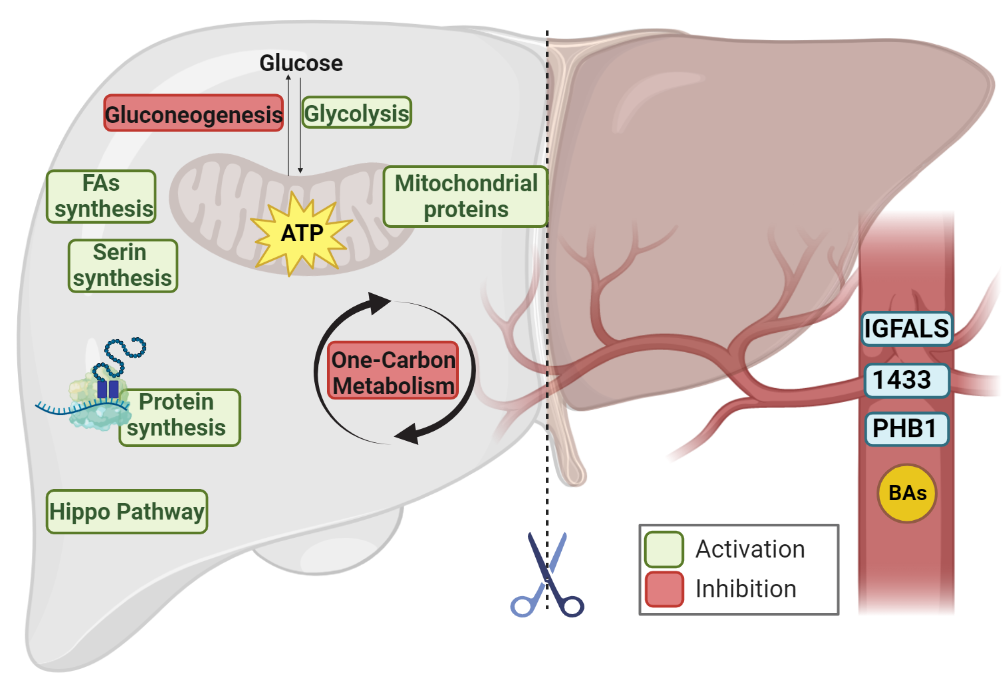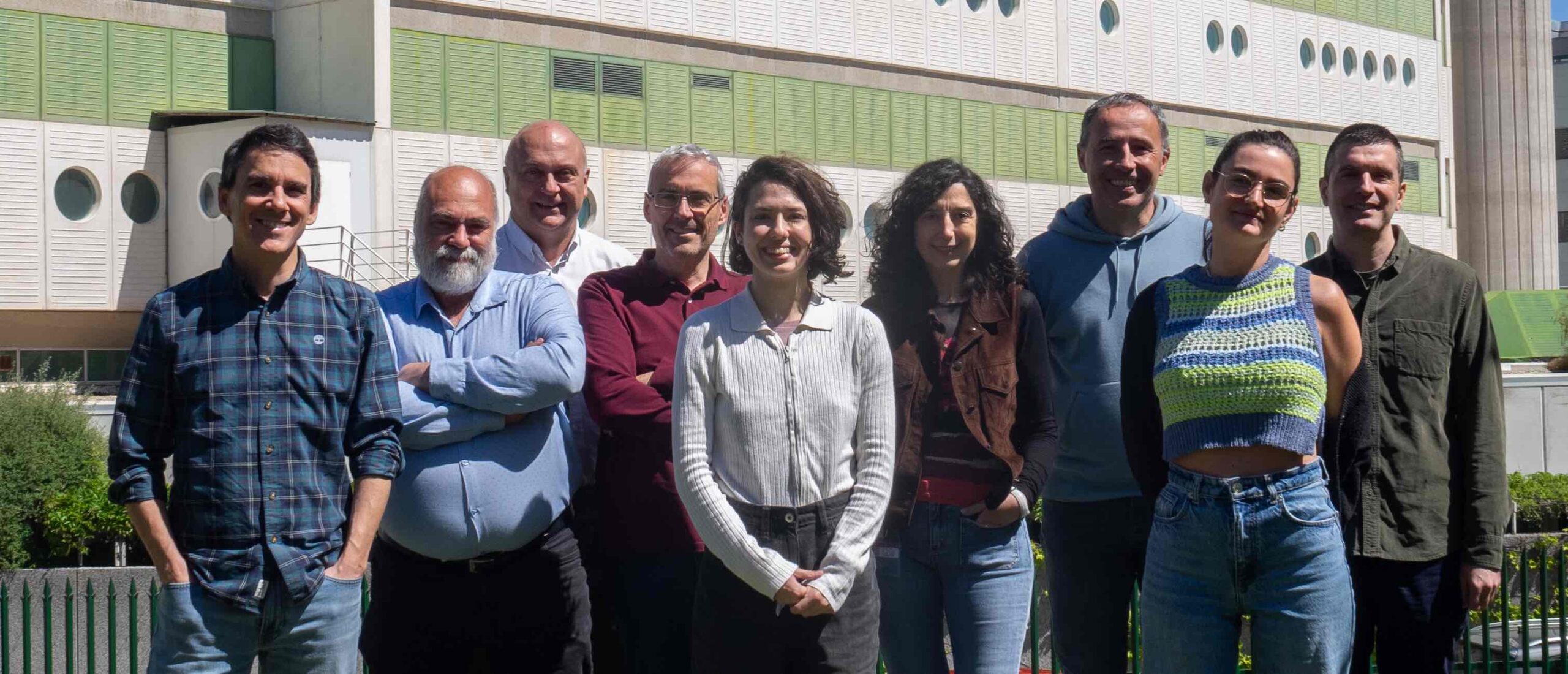Functional Proteomics
RESEARCH GROUPS

Fernando Corrales
Group Leader
Research Summary
We study the mechanisms associated to the progression of chronic liver diseases. Cholestasis and liver regeneration.
– Optimization of protocols for the automatization of analytical processes in proteomics.
– Identification of circulating biomarkers for the early detection of pre-eclampsia
– Diagnostics of amyloidosis using proteomics tools
– Quantitative and qualitative analysis of mixed-milk cheeses by targeted proteomics
Research Lines
The Functional Proteomics Laboratory at the CNB has three main research interests.
First, we aim to develop innovative and automated methods to improve proteomic analysis of biological systems and provide solutions to industrial needs. We have developed a new paramagnetic bead-based digestion protocol for the Opentrons OT-2 platform as a versatile, reproducible and affordable alternative for automated sample preparation for MS analysis. The performance of the automated protocol was evaluated with different sample types, including human plasma, rat bile, A. thaliana leaves, E. coli cells and mouse tissue cortex, and showed high efficiency, reproducibility and low sample-to-sample variability in all cases (Ciordia S et al Talanta, 2024).

We have also developed an analytical method to determine the ratio of different types of milk (cow, sheep, goat) used in the production of mixed milk cheeses, which are very common in Spain and Europe. This method is becoming the gold standard for QC analysis of mixed milk cheeses (manuscript in preparation; approved technical recommendation by UNE – Asociación Española de Normalización).
Second, we have identified a panel of circulating exosomal proteins as biomarkers of pre-eclampsia (Navajas R et al, Clinical Proteomics 2022), which are currently being validated by a in-house developed targeted proteomics approach. Third, we have identified key proteins that regulate the development of Progressive Familial Intrahepatic Cholestasis 3 (PFIC3), a disease that often requires liver transplantation in early infancy. Metabolic rewiring and mitochondrial impairment are a central cellular dysfunction contributing to disease progression (Guerrero et al, Biofactors, IJMS, 2024 and Blázquez I, Journal of Proteome Research, 2024). We have also identified circulating proteins that resume liver regeneration after liver transplantation, which could serve as potential indicators for the follow-up of surgical patients (Carmona-Rodríguez et al, Biofactors, 2024). This research is part of the Human Liver Proteome Project consortium.

Finally, we play a leading role in international initiatives such as the European Proteomics Association, the Human Proteome Organization and the Human Proteome Project.
Publications
Group Members
Group Leader
Fernando Corrales
Project Leader
Fernando Paradela
PhD candidate
Irene Blázquez
Lab and Proteomics Facility staff
Sergio Ciordia
Manuel Lombardía
José Ramón Lamas
Miguel Marcilla
Rosana Navajas
Virginia Pavón

Funding
News
Desarrollan un nuevo sistema para determinar de qué especie proviene la leche de los quesos de mezcla
10 de octubre 2024 El método ideado por científicos del Centro Nacional de Biotecnología (CNB-CSIC) permite cuantificar el porcentaje de cada tipo de leche El trabajo permitirá a los fabricantes certificar y potenciar el valor y prestigio de este producto Un método...




